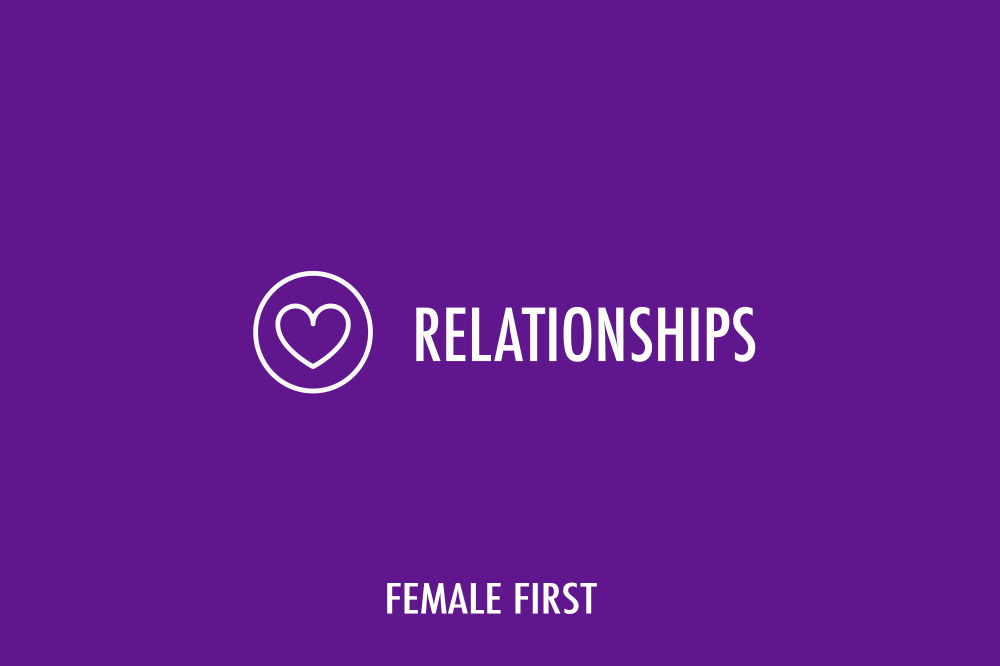With Valentines Day around the corner, now is the perfect time to reflect on all the relationships in your life. Although romantic relationships are at the forefront this time of year, why not also consider the relationship you have with your colleagues, your family and even your friends?

Relationships on Female First
It's so easy to take friends and colleagues for granted, but how 'real' are your relationships? Below are some questions which will help you address the current balance in your relationships:
1. Your partner tells you they would like to be promoted or get a new job. Do you:
A) Do some research as to the possible opportunities for them and coach them to help them get the job. You'll even write their CV.
B) Get concerned about whether it means they will be away more and not have as much time for things around the house. You won't say anything though.
C) Suggest they come up with some ideas and also some suggestions as to how they would like you to support them. Put a date night in the diary to discuss further in a few weeks.
2. Your child is having problems with some kids at school, they are upset about it and this is the first time they have raised it with you. Do you:
A) March down to the school and speak to the Head to demand action
B) Sympathise with them and talk to them about how hard the world is and how people can be horrible.
C) Sit down with them a talk about it, get the full details and ask them how they feel and what they would like to do. Help them to develop skills and abilities to cope with whatever behaviour they are having trouble with.
3. Are your close friends and/or partner in life:
A) Usually in need of and appreciate your support, you often need to take charge and they look to you for guidance. You 'wear the trousers'.
B) Usually strong and decisive, you look to them to take the lead on things.
C) Taking the lead sometimes and sometimes you take the lead.
4. When you have an argument with your partner do you:
A) Generally back down and take it. It's worth it to keep the peace.
B) Keep going until they back down or give up.
C) Listen to their views and look to work to a compromise. If you've got something wrong, you're happy to apologise.
5. You can see that a partner is struggling with a DIY project. Do you:
A) Do it yourself, even if it means you are overloaded. You feel you need to help where you can.
B) Get annoyed or upset that they are not doing their fair share.
C) Sit down with them and talk about it. Together you can reprioritise some things or maybe get a professional in to do it.
What do your answers say about you?
Mostly As
If your answers are mostly As you are likely to take more than your fair share of responsibility in relationships. You might feel that this is being supportive or kind but it means your relationships are out of balance. Who takes care of your needs? People are also likely to expect you to take responsibility for things and over time this will leave you feeling that it's unfair and that you're not getting your own needs met.
• Learn to negotiate - you do your bit and other people can do theirs
• Express yourself if you are unhappy with the balance of things, suggest alternatives
• Learn to say no constructively
Mostly Bs
If your answers are mostly Bs you are likely to take less than your share of responsibility in relationships. You might think other people are better or more capable than you but you are denying yourself your opportunity to learn and grow and over-burdening them in the process. You are more capable than you think.
• Don't let other people take over, ask them to help you or do it together if you need support
• Be assertive, if you want to give something a try, come forward
• Offer to help out on something you feel confident in, people will soon recognise your value.
Mostly Cs
If your answers are mostly Cs than you generally take your share in relationships and support others to have their share of responsibility. You probably find most of your relationships rewarding and fulfilling. Enjoy!
About the Author:
Karen Meager is a training design guru, the founder of Monkey Puzzle Training and Consultancy, and co author of award winning book 'Real Leaders for the Real World' (£12.99, Panoma Press) Karen has used her business and human psychology expertise to create leading edge training programmes that deliver both the business needs and individual personal development that we all need.
